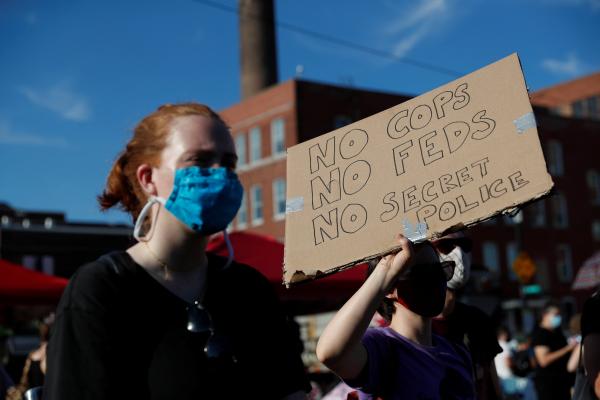Jul 27, 2020
What remains for all who’ve hit rock bottom is the long road to healing.
Read the Full Article

Already a subscriber? Login

What remains for all who’ve hit rock bottom is the long road to healing.
